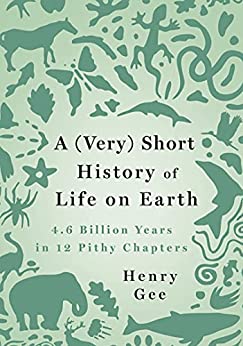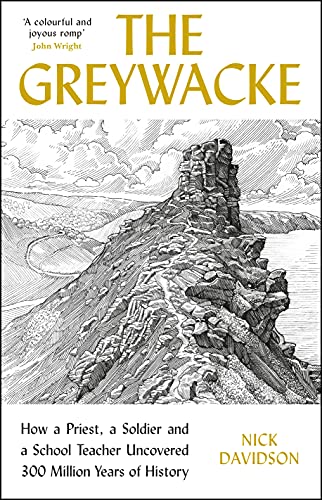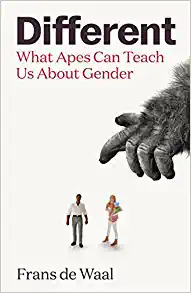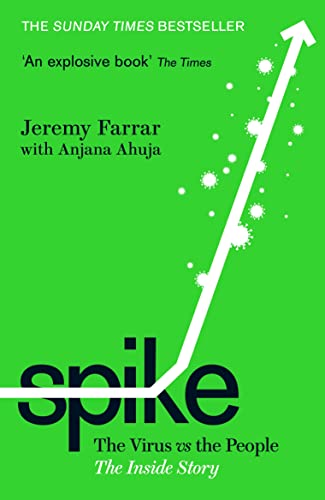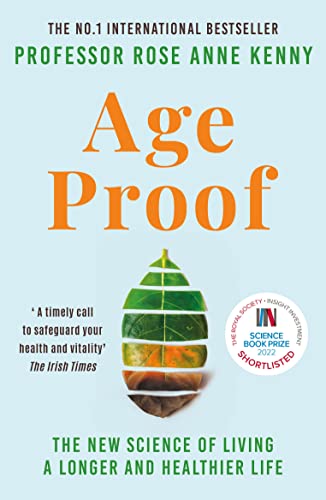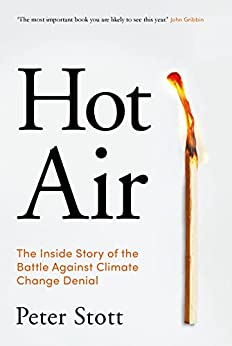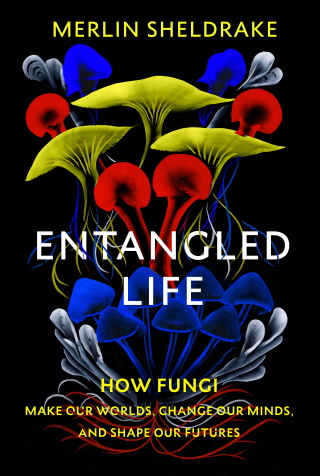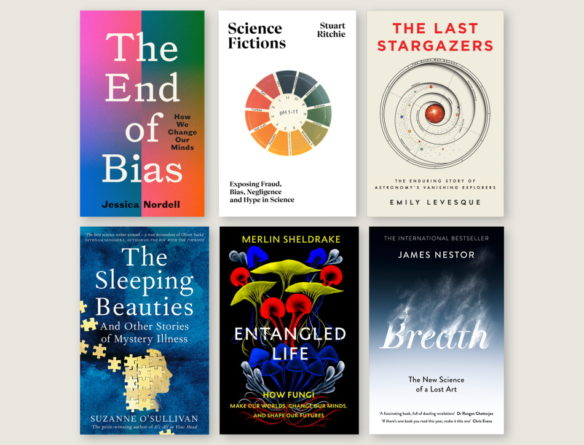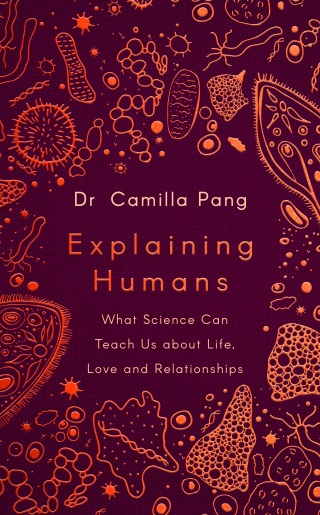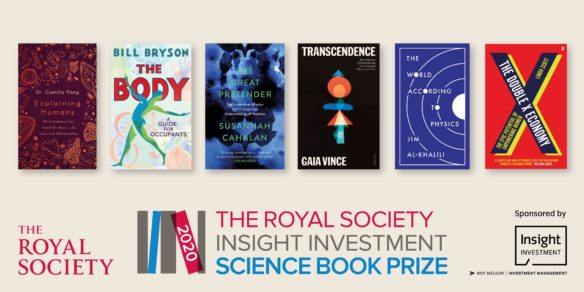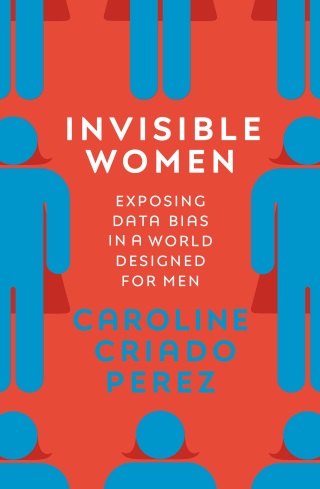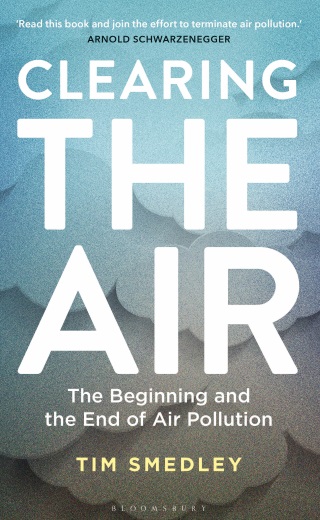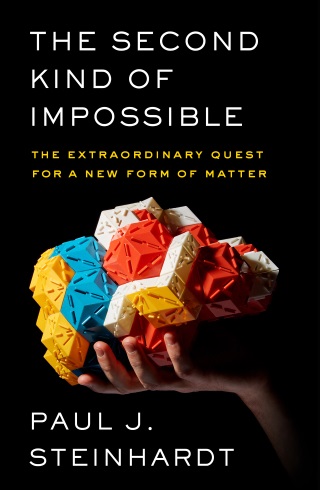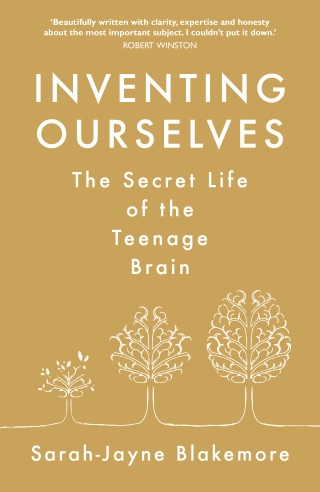The Royal Society has revealed the shortlist for the Royal Society Science Book Prize 2021, sponsored by Insight Investment, chosen from a record number of 267 submissions from all over the world.
Two debut authors make the 2021 shortlist in journalist James Nestor and science and culture journalist, Jessica Nordell. They are joined by astronomer Emily Levesque and neurologist Suzanne O’Sullivan. Psychologist Dr. Stuart Ritchie and biologist and writer Merlin Sheldrake complete the six-strong list, from which a winner will be chosen in November.
To be an astronomer is to journey to some of the most inaccessible parts of the globe, braving mountain passes, sub-zero temperatures, and hostile flora and fauna. Not to mention the stress of handling equipment worth millions. It is a life of unique delights and absurdities… and one that may be drawing to a close. In The Last Stargazers, Emily Levesque, an astronomy professor at the University of Washington, reveals the hidden world of the professional astronomer. She celebrates an era of ingenuity and curiosity, and asks us to think twice before we cast aside our sense of wonder at the universe.
There is nothing more essential to our health and well-being than breathing: take air in, let it out, repeat twenty-five thousand times a day. Yet, as a species, humans have lost the ability to breathe correctly, with grave consequences. Drawing on thousands of years of medical texts and recent cutting-edge studies in pulmonology, psychology, biochemistry, and human physiology, Breath turns the conventional wisdom of what we thought we knew about our most basic biological function on its head. James Nestor has written for Scientific American, Outside Magazine, Men’s Journal, National Public Radio, The New York Times, and more.
Drawing on 10 years’ immersion in the topic of unconscious bias, Jessica Nordell digs deep into the cognitive science and social psychology that underpin efforts to create change, and introduces us to the people who are practising a range of promising methods: the police using mindfulness to regulate high-stress situations; the doctors whose diagnostic checklists help eliminate bias in treatment; the lawyers and educators striving to embed equality all the way from the early-years playroom to the boardroom. Jessica Nordell is an American science and culture journalist.
Inspired by a poignant encounter with the mysterious sleeping refugee children of Sweden, Suzanne O’Sullivan travels the world to visit other communities who have also been subject to outbreaks of so-called ‘mystery’ illnesses. O’Sullivan hears remarkable stories from a fascinating array of people, and attempts to unravel their complex meaning while asking the question: who gets to define what is and what isn’t an illness? Dr. Suzanne O’Sullivan has been a consultant in neurology since 2004, first working at the Royal London Hospital and now as a consultant in clinical neurophysiology and neurology at the National Hospital for Neurology and Neurosurgery.
Science is how we understand the world. Yet failures in peer review and mistakes in statistics have rendered a shocking number of scientific studies useless – or, worse, badly misleading. Such errors have distorted our knowledge in fields as wide-ranging as medicine, physics, nutrition, education, genetics, economics, and the search for extraterrestrial life. As Science Fictions makes clear, the current system of research funding and publication not only fails to safeguard us from blunders but actively encourages bad science – with sometimes deadly consequences. Dr. Stuart Ritchie is a Lecturer at the Institute of Psychiatry, Psychology and Neuroscience at King’s College London and winner of the 2015 ‘Rising Star’ award from the Association for Psychological Science.
The more we learn about fungi, the less makes sense without them. They can change our minds, heal our bodies and even help us avoid environmental disaster; they are metabolic masters, earth-makers and key players in most of nature’s processes. In Entangled Life, Merlin Sheldrake takes us on a mind-altering journey into their spectacular world and reveals how these extraordinary organisms transform our understanding of our planet and life itself. Merlin Sheldrake is a biologist and a writer.
Alongside Professor Luke O’Neill FRS, the 2021 judging panel comprises: television presenter, Ortis Deley; mathematician and Dorothy Hodgkin Royal Society Fellow, Dr Anastasia Kisil; author and creative writing lecturer, Christy Lefteri, and journalist, writer and film maker, Clive Myrie.
The winner of the 2021 Royal Society Science Book Prize, sponsored by Insight Investment, will be announced November 29. They will receive a cheque for £25,000, with £2,500 awarded to each of the five shortlisted authors.
[Based on a press release.]
